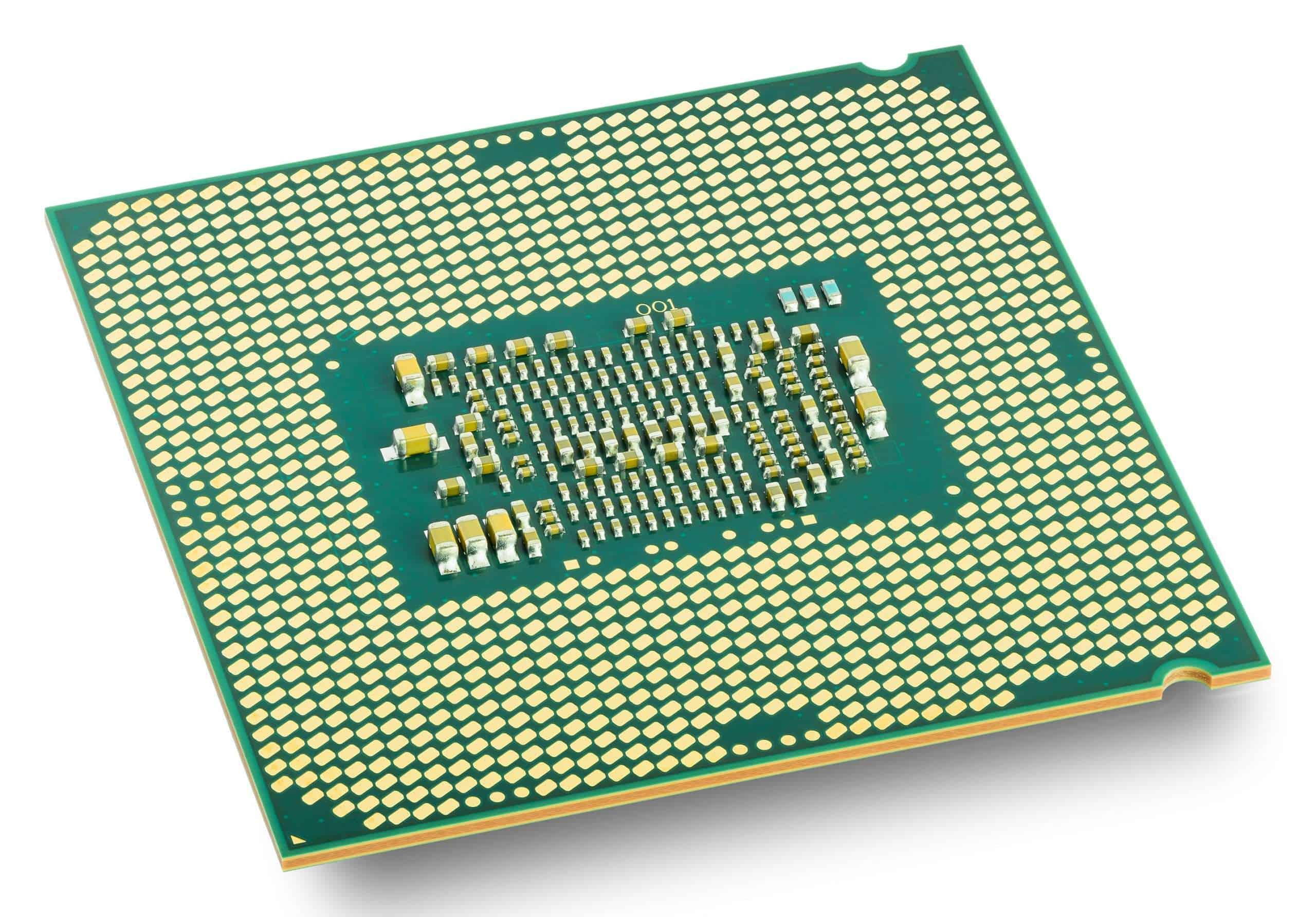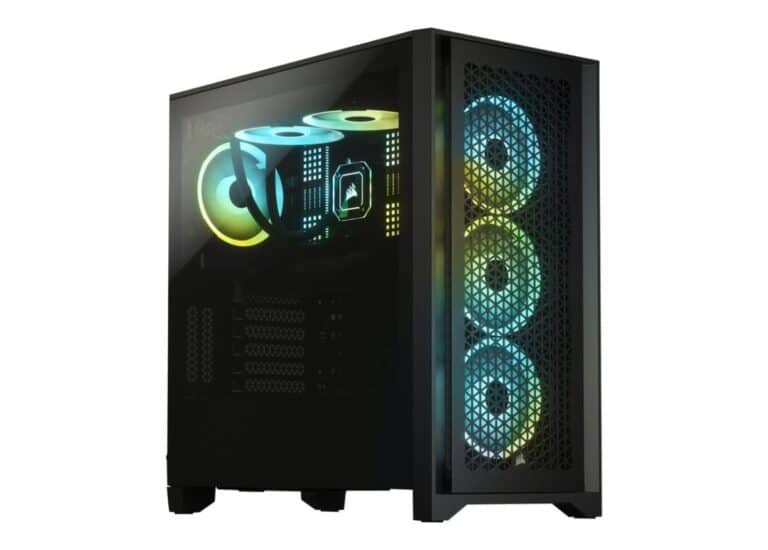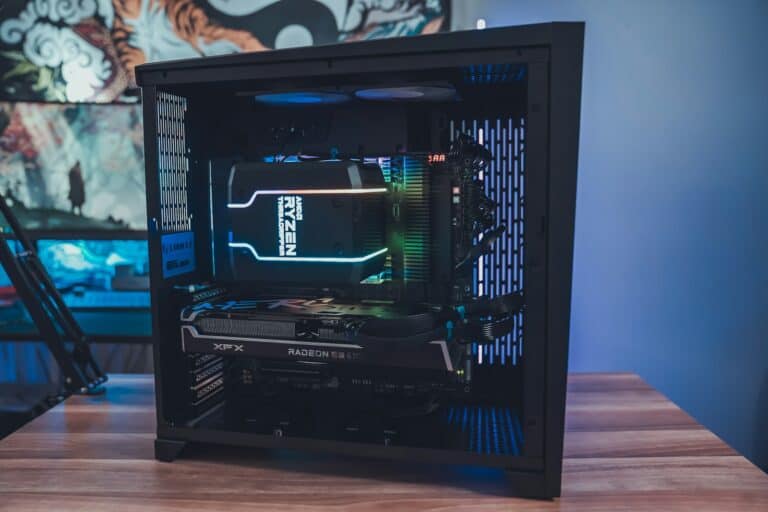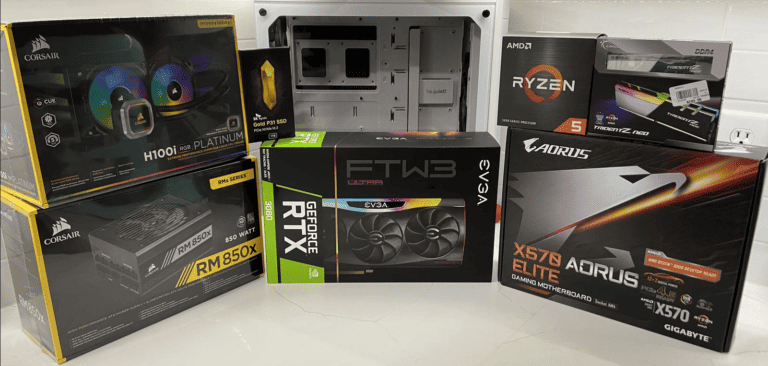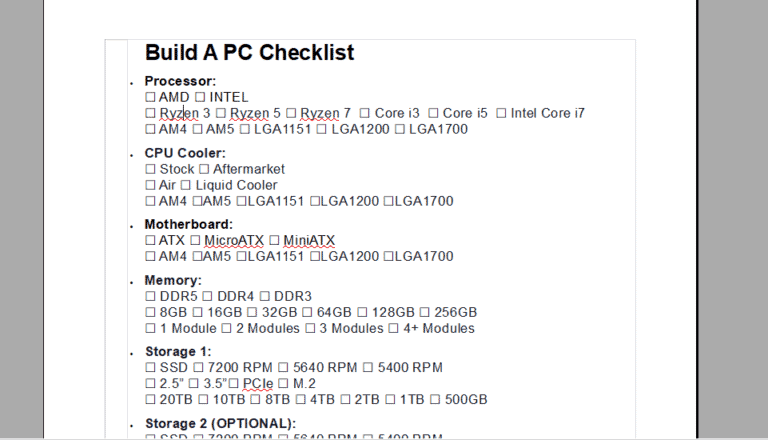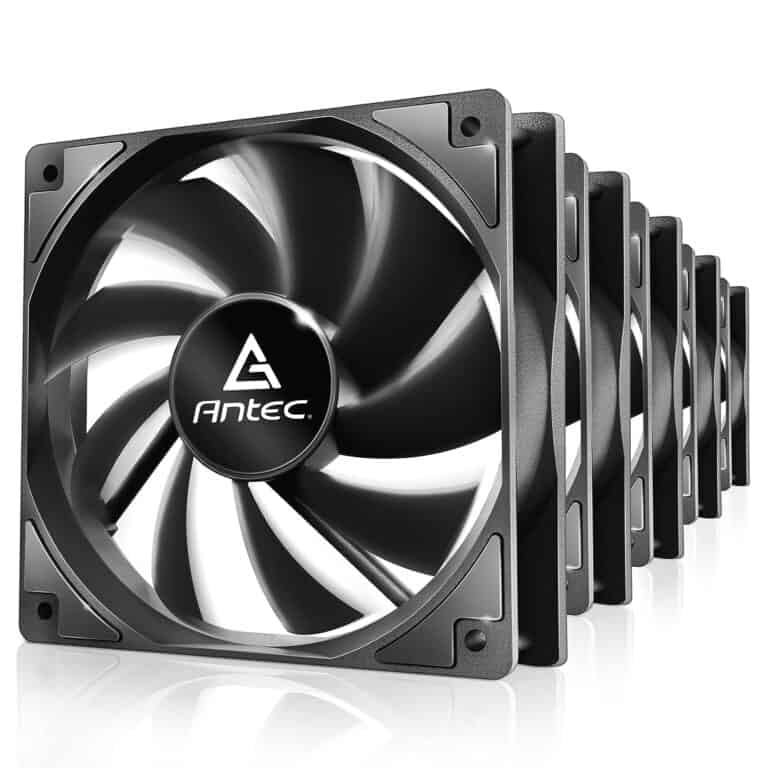Understanding the intricate relationship between a computer’s central processing unit (CPU) clock speed and its core count is crucial in the ever-evolving world of technology. This article is designed to shed light on these two pivotal elements that play a significant role in determining your computer’s performance.
CPU Cores vs. Clock Speed
Deciding between a CPU with more cores or higher clock speed can be confusing. This table breaks down the key differences and how they impact performance:
| Feature | Explanation | Impact on Performance |
|---|---|---|
| CPU Cores | Think of cores as independent processing units within the CPU. Each core can handle separate tasks simultaneously. | Increases multitasking ability, improves performance in multi-threaded applications (editing, 3D rendering, etc.). |
| Clock Speed | Measured in gigahertz (GHz), indicates how many cycles a core can complete per second. Higher clock speed means faster individual task processing. | Enhances single-threaded performance (gaming, basic browsing, etc.), speeds up overall responsiveness. |
Analogy: Imagine a restaurant kitchen.
- Cores: More cooks (cores) can handle multiple orders (tasks) at once, reducing overall wait time for all customers.
- Clock Speed: A faster cook (higher clock speed) can prepare individual orders (tasks) quicker, benefiting single customers.
Which is More Important?
It depends! Both factors contribute to overall performance, but their significance varies based on usage:
- Heavy Multitasking: More cores are crucial for tasks requiring simultaneous processing, like video editing or running multiple demanding applications.
- Gaming and Single-Threaded Work: Higher clock speed shines in single-threaded activities like most games and basic computer tasks.
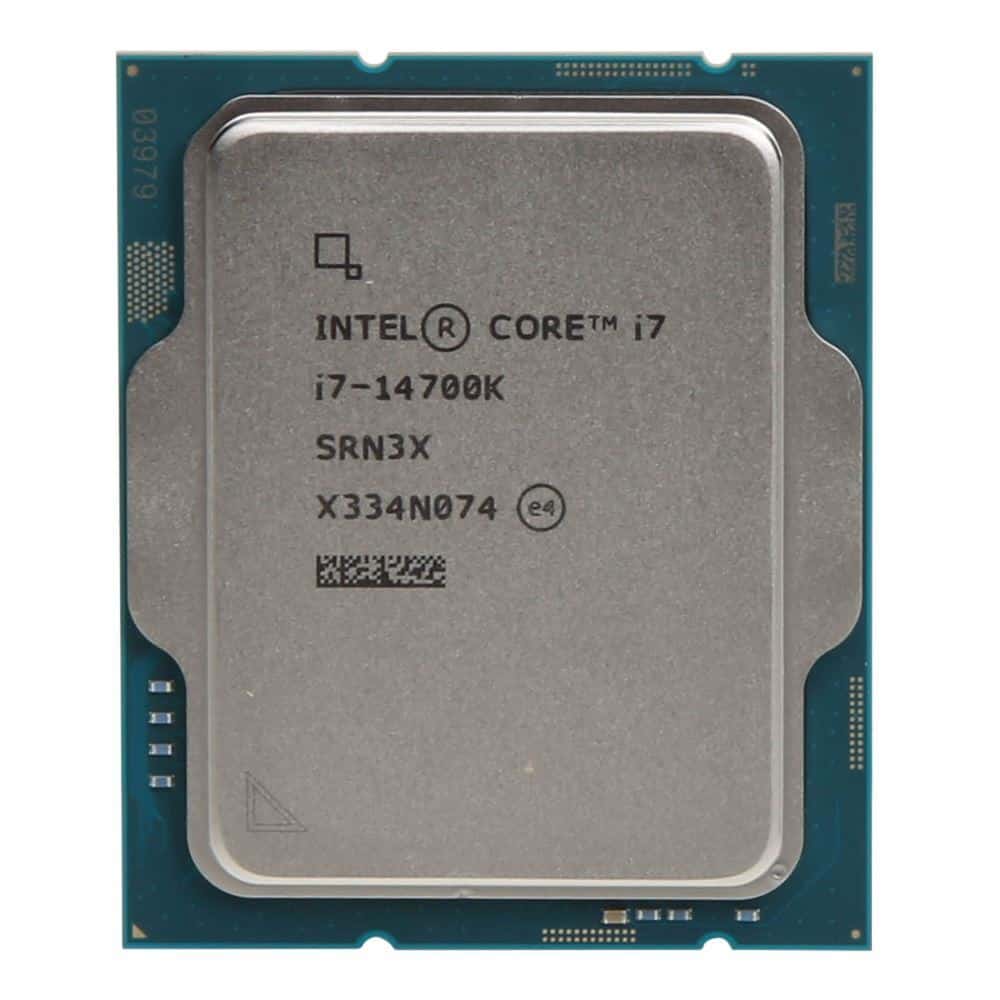
Considerations:
- Workload: Analyze your primary activities and prioritize cores for multitasking or clock speed for single-threaded performance.
- Budget: CPUs with more cores or higher clock speeds typically cost more. Determine your budget and find the best balance within your limitations.
- Futureproofing: Consider future software trends and potential needs for a CPU that can handle increasingly demanding tasks.
The Essence of CPU Clock Speed
Imagine your CPU as the heart of your computer, with clock speed being its pulse. Measured in gigahertz (GHz), clock speed is the rate at which a CPU executes instructions per second. The higher the clock speed, the faster your computer can process data and execute commands. This is particularly vital for tasks that rely heavily on single-thread processing, like gaming or running specific applications.
The Power of Multiple Cores
Moving on to cores – think of them as individual workers within your CPU. A core is a processing unit capable of executing program instructions. The more cores a CPU has, the more tasks it can handle simultaneously. This multitasking ability is a boon for parallel processing tasks such as video editing, running multiple applications, or data analysis.
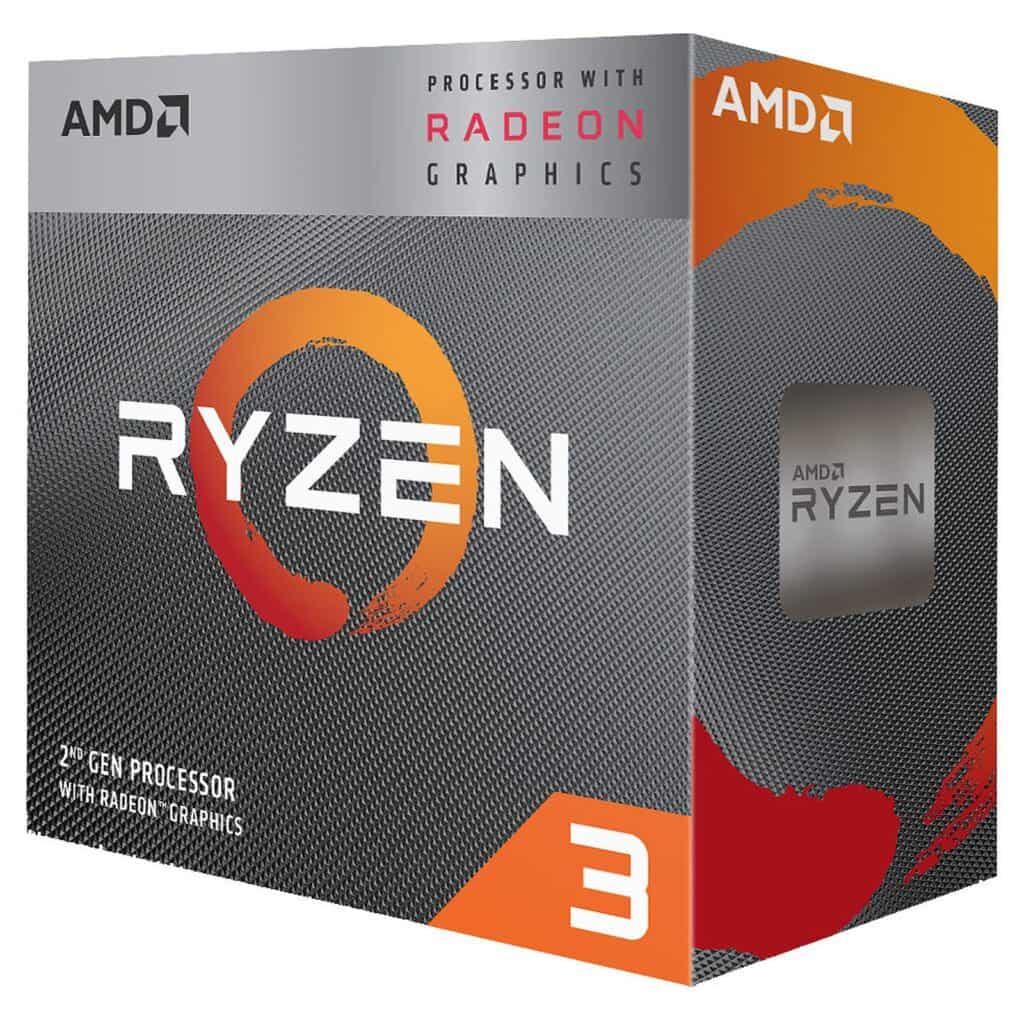
Balancing Cores and Clock Speed
Now, the real question is, what matters more – a higher clock speed or more cores? The answer isn’t straightforward, as it largely depends on your specific needs and the nature of the tasks you perform. Let’s break it down with some practical scenarios:
High Clock Speed: A Gamer’s Ally
For gamers, clock speed takes precedence. High clock speeds mean better performance in games, ensuring smoother gameplay and quicker reaction times.
More Cores: The Multitasker’s Choice
For professionals juggling multiple applications or dealing with data-intensive tasks like video editing, more cores are beneficial. They allow for efficient handling of several processes at once.
Real-World Applications: Tailoring to Your Needs
For Everyday Use and Gaming
- Suggested: Moderate core count with high clock speed
- Why: Balances smooth operation of everyday tasks with excellent gaming performance
For Creative Professionals
- Suggested: Higher core count
- Why: Facilitates efficient handling of demanding tasks like rendering and editing
For Scientific Computing and Data Analysis
- Suggested: Balance of core count and clock speed
- Why: Ensures efficiency in both parallel processing and single-thread tasks
Summary of Facts
- Clock speed is crucial for single-thread tasks like gaming.
- Multiple cores enhance multitasking and parallel processing abilities.
- The ideal choice between clock speed and core count varies based on the user’s needs.
FAQ
What Determines a CPU’s Performance?
Clock speed and core count are key factors. Clock speed affects how quickly a core can execute tasks, while core count determines how many tasks can be processed simultaneously.
Is a Higher Clock Speed Always Better?
Not necessarily. While it improves single-thread performance, tasks requiring parallel processing benefit more from a higher core count.
How Do I Choose Between High Clock Speed and More Cores?
Consider your primary usage. For gaming and single-thread tasks, prioritize clock speed. For multitasking and data-intensive tasks, opt for more cores.

